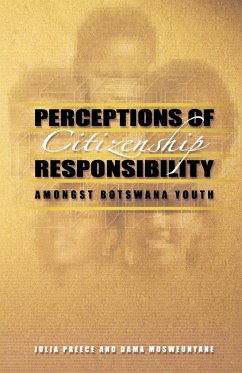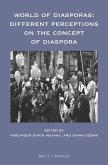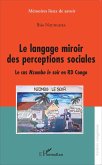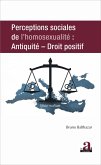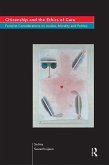This is the third title in the Codesria Gender Series, which aims to invigorate the African social sciences with debates that challenge conventional wisdom, received ideologies and gender stereotypes, and to showcase the best in African gender research. Bringing together seasoned gender specialists who draw empirical evidence from Ghana, Mozambique, Nigeria, South Africa, Tanzania and Uganda, this study examines various experiences of setting up gender and women's studies programmes. If further considers feminist and gender activism, gender identities, social protest, gender and culture in indigenous films, continuities and discontinuities in conceptions of gender, same-sex relationships, customary law and gendered discourse patterns.
Botswana is widely regarded as a model African democracy. Since independence in 1966, the country has enjoyed unparalleled peace and stability within the African continent. It has also experienced unprecedented changes from being one of the ten poorest countries in the world to its current status as a middle-income country. However, in spite of the advances of the last thirty years, it still experiences high levels of poverty and inequality. Perceived inhibitors to progress are attributed to the younger generation's erosion of traditional values and a collective reluc-tance to take pride in the nation. This book offers an analysis of how the younger generation is reconciling globalisation influences with traditional cultural values and belief systems. It argues that this generation does care about their country, but has changed priorities. It further recom-mends educational interventions that might nurture the bestow Botswana's cultural heritage whilst ensuring an active, democratic citizenry that is relevant to modernity.
Botswana is widely regarded as a model African democracy. Since independence in 1966, the country has enjoyed unparalleled peace and stability within the African continent. It has also experienced unprecedented changes from being one of the ten poorest countries in the world to its current status as a middle-income country. However, in spite of the advances of the last thirty years, it still experiences high levels of poverty and inequality. Perceived inhibitors to progress are attributed to the younger generation's erosion of traditional values and a collective reluc-tance to take pride in the nation. This book offers an analysis of how the younger generation is reconciling globalisation influences with traditional cultural values and belief systems. It argues that this generation does care about their country, but has changed priorities. It further recom-mends educational interventions that might nurture the bestow Botswana's cultural heritage whilst ensuring an active, democratic citizenry that is relevant to modernity.

